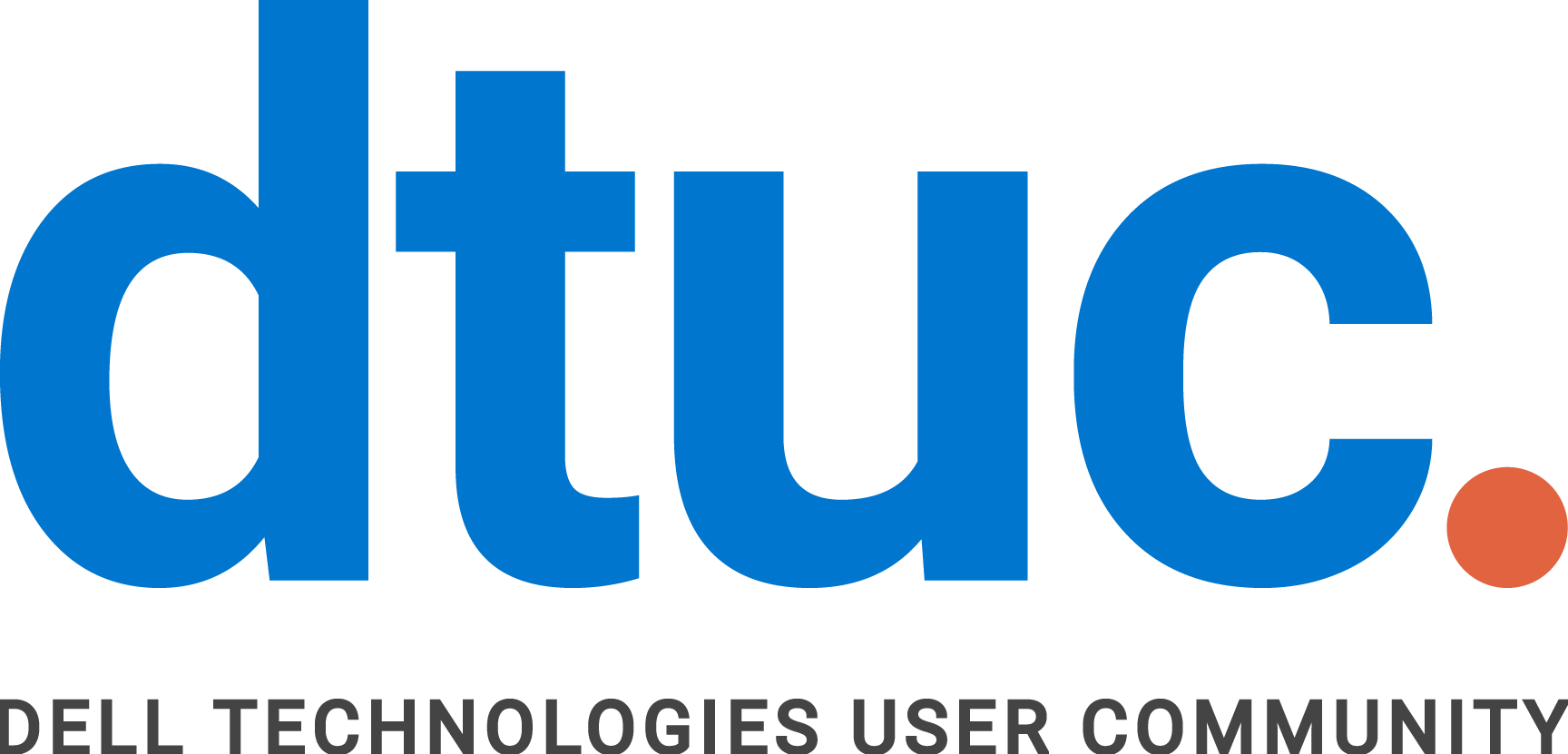 Nicki Balsley
Nicki Balsley
Artificial intelligence (AI) is transforming the way businesses operate, innovate, and compete. From automating tasks and enhancing productivity, to generating insights and enabling new services, AI is creating value across various industries and domains. To leverage the full potential of AI, businesses should prioritize access to reliable, fast, and secure mobile broadband connectivity. In Architecting Your Infrastructure For AI, Forrester, December 11 2023, the company explains “Complex AI solutions can require high bandwidth and low latency, which can be a challenge to accommodate.”
In this blog post, we will explore why Connected PCs with mobile broadband are essential for AI applications, the challenges and risks of using unsecured networks, and how Dell's Connected PCs can provide a solution that further enables security, performance, and convenience for AI users. We will also share some research and market data that illustrate the benefits of using secure mobile broadband PCs for AI applications.
Security Risks in the AI Era
AI applications are becoming more diverse and complex, requiring more data, computing power, and connectivity. In Global AI Software Forecast, 2023 To 2030, Forrester, September 5th 2023, the firm explains “From 2023 to 2030, the off-the-shelf AI software market will have a 22% CAGR, reaching $227 billion” and continues “In 2030, nearly two-thirds of genAI software spend will come from specialized applications that will help automate and improve occupation and industry productivity.”
However, not all networks are created equal when it comes to supporting AI applications. Many users rely on public Wi-Fi networks or tethering from their smartphones to connect their laptops to the internet while on the go. These methods are not only inconvenient and unreliable, but also expose the users to various security threats, such as data breaches, malware infections, identity theft, and cyberattacks.
These security risks are even more pronounced for AI applications, as they involve sensitive and valuable data, such as personal information, intellectual property, trade secrets, and financial records. If the data is compromised, corrupted, or stolen, it can have serious consequences for the users, such as loss of reputation, trust, revenue, and competitive advantage. It can also lead to legal and regulatory issues, such as fines, lawsuits, and compliance violations.
For example, as Forrester warns in the The Top Five Trends For US Healthcare Providers In 2024 Forrester, February 20, 2024 “Meanwhile, hackers are using genAI to scale efforts to gain access to and weaponize patient data to extract ransomware payments. HPOs that pay up can still face critical disruption to clinical care, such as diverted ambulances and canceled surgeries, and are being advised to prepare for a month of downtime following an attack.”
Securing AI Workflows with Dell’s Connected PCs
Ensuring the security and integrity of data and AI applications is paramount, and organizations considering PCs that can connect to the internet via a dedicated and encrypted cellular network can benefit from the added layer of security this brings.
Dell's Connected PCs provide a secure and convenient connectivity solution and are the ideal solution for a hybrid workforce who are utilizing the power of AI.
The addition of mobile broadband on select Dell laptops, tablets, and 2-in-1 devices means they can connect to the internet using either a built-in eSIM (embedded SIM) card that can connect to multiple cellular networks across the globe, or via a physical SIM.
Cellular networks are secure and encrypted; protecting the data and the device from unauthorized access and cyberattacks, and they deliver fast and consistent connectivity on 4G LTE and 5G networks, supporting the data and computing demands of AI applications.
Use Cases of Secure Mobile Broadband PCs for AI Applications
Gartner® outlines in its Predicts 2024: The Future of Generative AI Technologies, Arun Chandrasekaran, Anthony Mullen, Lizzy Foo Kune, Nicole Greene, Jim Hare, Leinar Ramos, Anushree Verma, February 28, 2024, “Demand is increasing for GenAI in many sectors — such as healthcare, life sciences, legal, financial services and the public sector — driving the need for industry-specific models” and “By 2027, more than 50% of the GenAI models that enterprises use will be domain-specific — specific to either an industry or business function — up from approximately 1% in 2023.”1
While the use cases span many industries and user profiles, there are some key verticals with growing hybrid workforce we have identified that can benefit from the simple, seamless and secure internet access that Connected PCs can bring.
Banking: Banks can use AI to improve their customer service, risk management, and compliance. For example, many large financial institutions leverage AI to detect fraud, money laundering, and cyberattacks, and comply with the regulatory and ethical standards. However, with growing AI applications, banks can benefit with secure mobile broadband PCs for hybrid and remote personas that handle sensitive and confidential data, such as personal information, financial transactions, and credit scores, and connect to the cloud services, such as banking systems, security systems, and regulatory systems.
Healthcare: Healthcare providers can use AI to improve their diagnosis, treatment, and prevention. For example, they can use AI to analyze medical images, records, and reports, and provide accurate and timely diagnosis, prognosis, and prescriptions. They can also use AI to monitor patients' vital signs, symptoms, and responses, and provide remote care, telemedicine, and alerts. With growth of telemedicine in parallel with these AI applications, healthcare provider should consider secure mobile broadband PCs where remote access and processing of medical data, such as electronic health records, lab results, and scans, are connecting to cloud services, such as healthcare systems, AI systems, and emergency systems. However, in Tech-Led Healthcare Providers Can Transform The Clinician Experience, Forrester, September 14th 2023, “ It’s not possible for care teams to practice consistently in a modern setting with technology that doesn’t adequately address their needs.”
Conclusion
Artificial intelligence is increasingly intertwined with our daily lives, and as a technology heavily dependent on reliable internet connectivity, the importance of security, convenience, and speed cannot be overstated. When organizations undertake a hardware refresh or develop long-term mobility and hybrid work strategies, considering the integration of mobile broadband in new devices can significantly future-proof their operations. This proactive approach ensures that the infrastructure remains robust and adaptable to evolving technological demands.
1 Gartner, Predicts 2024: The Future of Generative AI Technologies, By Arun Chandrasekaran, Anthony Mullen, Lizzy Foo Kune, Nicole Greene, Jim Hare, Leinar Ramos, Anushree Verma, 28 February 2024
GARTNER is a registered trademark and service mark of Gartner, Inc. and/or its affiliates in the U.S. and internationally and is used herein with permission. All rights reserved.
